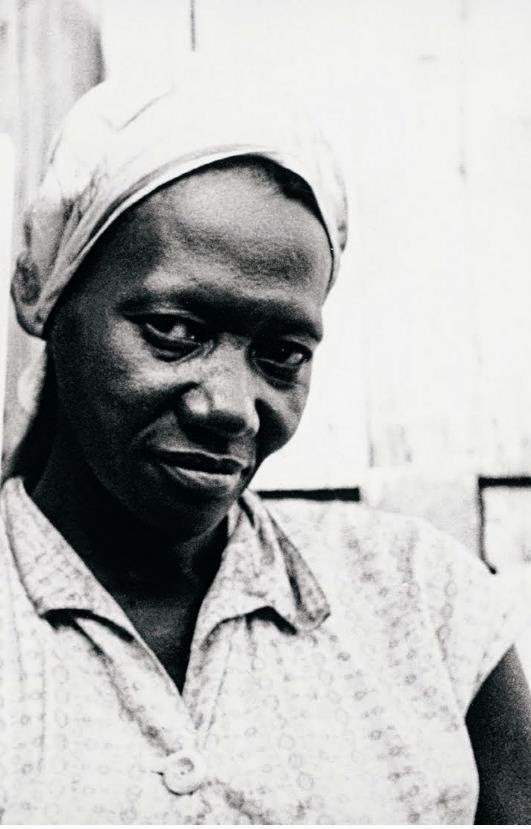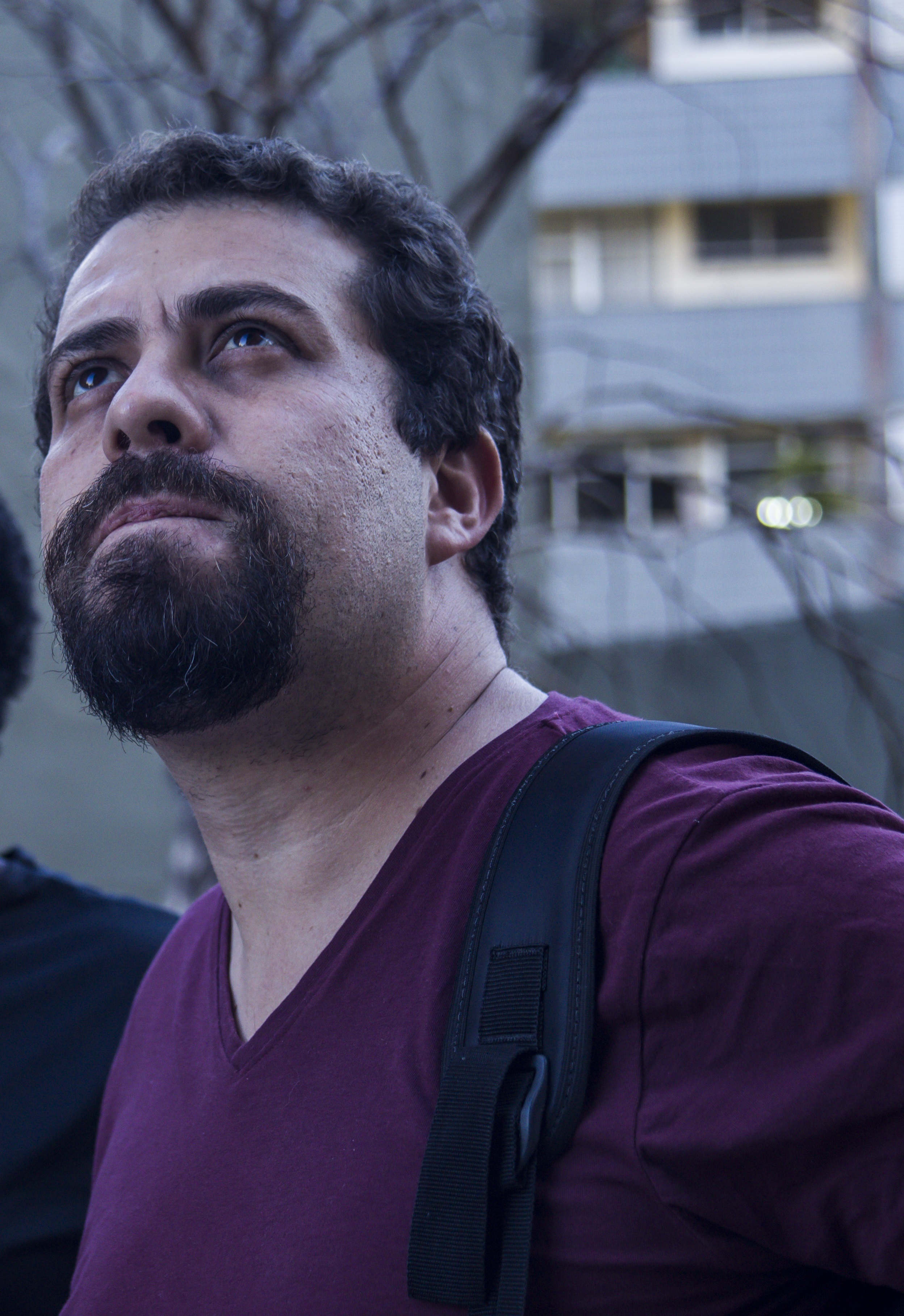Carolina Maria De Jesus
Carolina Maria de Jesus, a Brazilian woman with only two years of schooling, was the mother of three illegitimate children, each born of a different father. Carolina Maria de Jesus became an international celebrity as the author of the best-selling book in Brazilian publishing history. For many reasons, however, Carolina fell from favor: the rise of a military dictatorship in 1964, which led to an accompanying reaction against social criticism,.
July 15 1955
The birthday of my daughter Vera Eunice. I wanted to buy a pair of shoes for her, but the price of food keeps us from realising our desires. Actually we are slaves to the cost of living. I found a pair of shoes in the garbage, washed them, and patched them for her to wear.

I didn't have one cent to buy bread. So I washed three bottles and traded them to Arnaldo. He kept the bottles and gave me bread. Then I went to sell my paper. I received 65 cruzeiros. I spent 20 cruzeiros for meat. I got one kilo of ham and one kilo of sugar and spent six cruzeiros on cheese. And the money was gone.
I was ill all day. I thought I had a cold. At night my chest pained me. I started to cough. I decided not to go out at night to look for paper. I searched for my son João. He was at Felisberto de Carvalho Street near the market. A bus had knocked a boy into the sidewalk and a crowd gathered. João was in the middle of it all. I poked him a couple of times and within five minutes he was home.
July 17 Sunday
A marvellous day. The sky was blue without one cloud. The sun was warm. I got out of bed at 6:30 and went to get water. I only had one piece of bread and three cruzeiros. I gave a small piece to each child and put the beans, that I got yesterday from the Spiritist Centre, on the fire. Then I went to wash clothes. When I returned from the river the beans were cooked. The children asked for bread. I gave the three cruzeiros to João to go and buy some.
Today it was Nair Mathias who started an argument with my children. Silvia and her husband have begun an open-air spectacle. He is hitting her and I'm disgusted because the children are present. They heard words of the lowest kind. Oh, if I could move from here to a more decent neighbourhood!
I went to Dona Florela to ask for a piece of garlic. I went to Dona Analia and got exactly what I expected:
'I don't have any!'
I went to collect my clothes. Dona Aparecida asked me:

'Are you pregnant?'
'No, Senhora,' I replied.
I cursed her under my breath. If I am pregnant it's not your business. I can't stand these favela women, they want to know everything. Their tongues are like chicken feet. Scratching at everything. The rumour is circulating that I am pregnant! If I am, I don't know about it!
I went out at night to look for paper. When I was passing the São Paulo football stadium many people were coming out. All of them were white and only one black. And the black started to insult me:
'Are you looking for paper, auntie? Watch your step, auntie dear!'
I was ill and wanted to lie down, but I went on.
July 18
I got up at 7. Happy and content. Weariness would be here soon enough. I went to the junk dealer and received 60 cruzeiros. I passed by Arnaldo, bought bread, milk, paid what I owed him, and still had enough to buy Vera some chocolate. I return to Hell. I opened the door and threw the children outside. Dona Rosa, as soon as she saw my boy José Carlos, started to fight with him. She didn't want the boy to come near her shack. She ran out with a stick to hit him. A woman of 48 years fighting with a child!
Dona Silvia came to complain about my children. That they were badly educated. I don't look for defects in children. Neither in mine nor in others. I know that a child is not born with sense. When I speak with a child I use pleasant words. What infuriates me is that the parents come to my door to disrupt my rare moments of inner tranquillity. But when they upset me, I write. I know how to dominate my impulses. I only had two years of schooling, but I got enough to form my character. The only thing that does not exist in the favela is friendship.
Carolina Maria De Jesus Bititas Diary
&#'183; This is an edited extract from a new edition of Beyond All Pity, translated by David St Clair, published this month by Souvenir Press as a contribution to Make Poverty History 2005